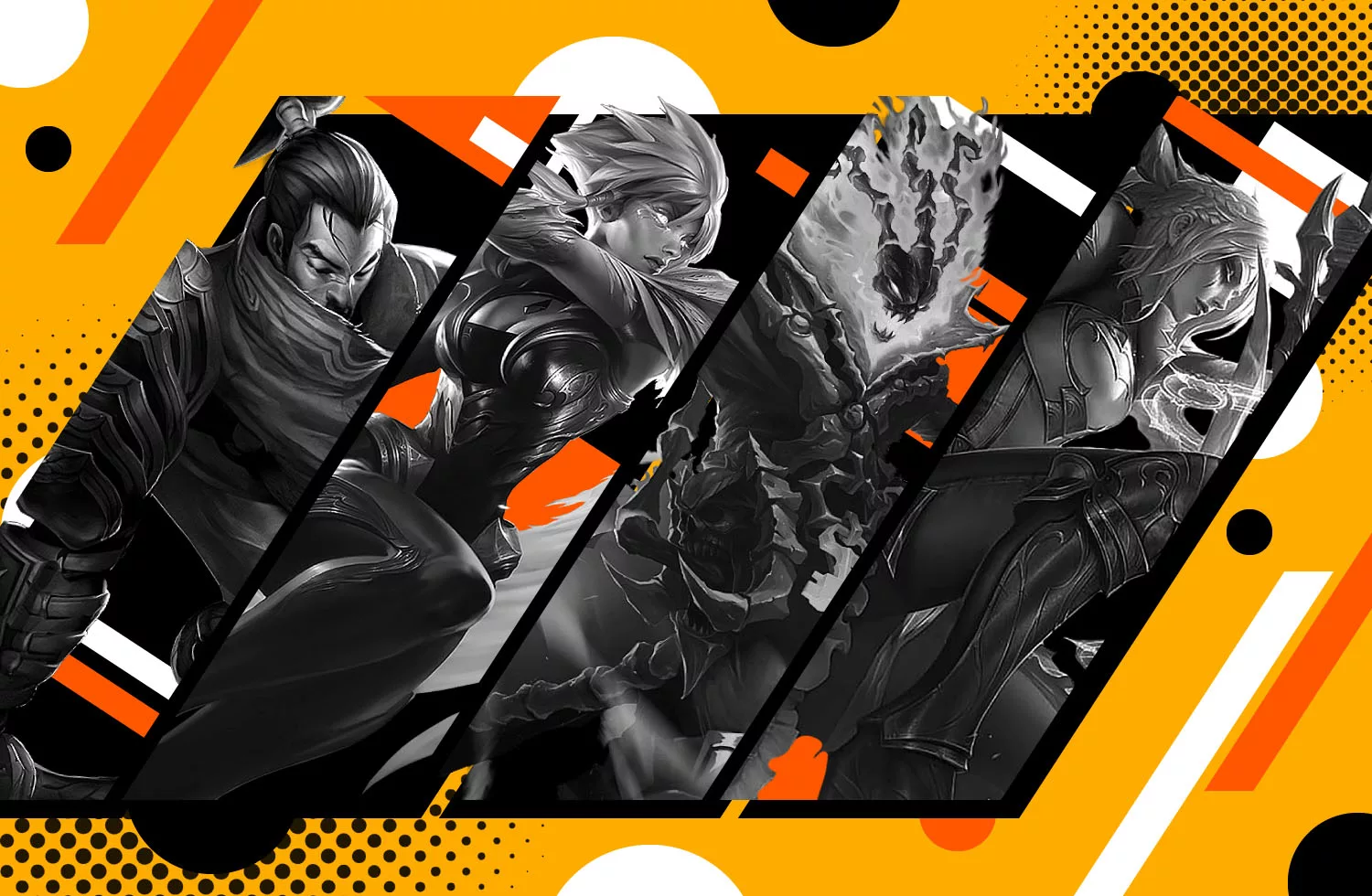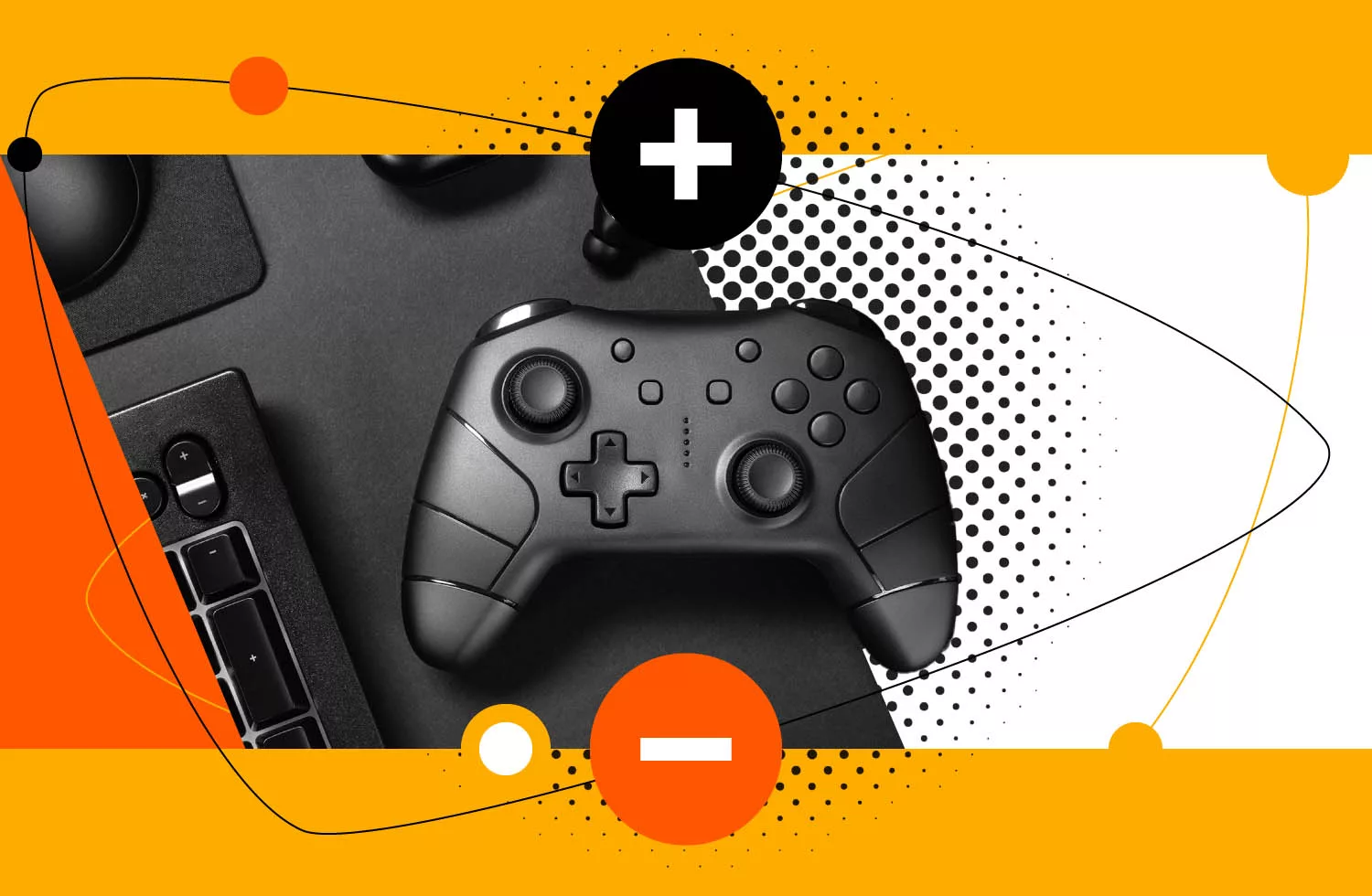
If you’ve ever played video games in the competitive space then chances are you’ve come across the term meta game. Metagaming has become a core idea in various gaming arenas, but it’s also a term that can be misused and misunderstood. Used properly, it can enhance your odds of winning, but when used incorrectly it might only make playing more difficult.
What does meta mean in gaming anyway, and how is it applied in a way that benefits the players? When is it overused and misunderstood, and when should it be ignored? Understanding these questions about the meta game can help you improve your play, and just as crucially, aid in reducing your mistakes.
What Is a Meta Game?
The strict definition of meta game comes from the old Greek prefix meta, which means beyond. From this perspective, the meaning of meta in gaming refers to the game beyond the game. Meta in gaming means stepping outside of what is directly experienced within the match and looking at the wider context.
In simple terms, meta usually refers to the broader strategies which are seen as the best. Sometimes this strategy might be choosing certain units, classes, or weapons. Other times the best meta strategy might involve attacking hard and early, rather than taking a slower approach. What’s included in a meta game strategy can vary greatly depending on what a game offers and what a player needs to be successful.
These aspects of the meta game can change over time, even while they’ll always abide by the definition within our gaming glossary. The game, game genre, update number, and evolving knowledge over a competitive lifespan will all affect how a meta game is relayed. If the game changes, or player knowledge of the game reveals some new powerful approach, then the meta will change too.
All of these aspects combined mean that meta in gaming can be challenging to keep track of. New strategies and approaches are being tried constantly, testing existing meta game knowledge.
Even when understood, applying meta skills might only be possible by the best players. The best strategies, characters, and tools might be very difficult to use, to the point where they’re useless to newer or even intermediate players.
This creates a situation where the meta game is important, but not equally important on all levels of play. It can even vary in the same title with cross-platform games, due to different control possibilities. The same meta strategies that work on a keyboard and mouse might not work on a controller, for example.
Seem confusing? Let’s look at an example.
What Is an Example of a Meta Game?
For a recent example of a meta game, we could look at the fighting game Street Fighter 6. Like all fighting games, performing well in SF6 means understanding how the game works, and how the players implement their knowledge on a competitive level. The meta in this game means understanding how the title’s different elements combine, while also having the skill to use this knowledge in a fast-paced match.
When Street Fighter 6 launched, there was a lot of debate about a newer control scheme, called modern. This would cut down a character’s damage when used, but would also reduce the input complexity of key moves. Instead of doing a complicated motion to hit a character out of the air, for example, one button could be used instead.
At the high tiers of play, the meta game worked with the understanding that the modern control scheme wouldn’t be especially useful. The best players could reliably pull off the most complicated moves anyway, so taking a damage nerf was regarded in the meta game as a poor move. On the other hand, playing in the low ranks or against an NPC could see modern players excel, because of the lower skill on display.
When SF6 arrived at Evo, the biggest fighting game tournament of the year, only one player named Haitani managed to reach the top six using modern controls. This placement showed the meta was generally accurate, as few could succeed on the top level while using this control system.
What Is New Meta in Gaming?
The new meta in gaming refers to how the meta game changes over time. This happens in all genres, from older RTS games to the current most realistic games, and everything in between. A new meta can be the result of several factors, the most common of which is game updates.
When a game updates, it’s common that it will include balance changes to elements like weapons, abilities, maps, and character statistics. All of these factors will affect the game’s outcomes, which in turn informs the development of the meta game.
The Counter-Strike games are famous for new meta shifts thanks to experiments from the developers during game patches. You purchase guns in this game, buying more powerful weapons as the rounds progress. One gun might be too expensive to purchase in early rounds, but too weak to use in later rounds. Changing the price of this gun so it could be bought in the first round would thus change the meta, both in the first round and how the later rounds developed.
New meta can also apply to games no longer receiving updates as new strategies are developed. Elements that might have been overlooked at first can appear after years of meta game development, facilitating significant shifts in how a title is played.
How Do You Play Meta Games?
Before jumping into the meta game, you first need to understand that meta might not be especially important if you are a casual player. The meta in sim games might be indispensable at the highest level of competitive play, but most of us aren’t playing at that level.
A gun in a game of Hell Let Loose might have a slight edge when the best team works around it, but you won’t find the best team in casual public play. From lower levels to even advanced play, non-optimal strategies can still often beat the meta game tactics, so choosing the most fun approaches or what works best for you can be preferable.
For those who do want to go a step further into the meta game, consider what the definition of meta really means, and how it’s applied. The meta is determined by the high-level players and teams, so they’re the ones to watch and listen to.
Playing meta games means looking at what the pros do and understanding why they do it. How do they implement the meta game to the greatest effect, and when do they use the enemy’s understanding of the meta against them?
Once you know what to do, the next step is practicing enough to make sure you can pull it off in real-world scenarios, but without gaming too much. Using the meta game in this way can provide you an advantage, or it can go against your playstyle and hurt your performance.
You should also remember that metas can change over time, and with the right experimentation, it can be possible to counter even the most dominant meta strategies.











